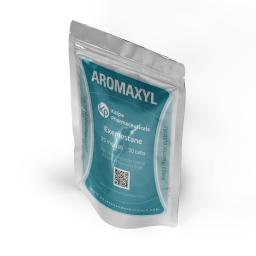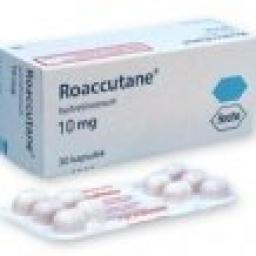Menopause, known also as the “change of life”, is literally the very last menstrual period in a woman’s life. It is said to occur when a woman has not menstruated naturally for 12 consecutive months.
Menopause is a natural occurrence. A woman’s ovaries no longer release an egg every month, she stops having periods and she is no longer able to have children naturally. As the ovaries are the main source of female hormones (oestrogen, progesterone and testosterone), the levels of oestrogen, and progesterone hormones drop considerably with testosterone slowly declining with age affecting other parts of her body.
Menopause usually occurs between the ages of 48 and 55.
Among Australian women, the average age is about 51 to 52 years.
However, a few women experience menopause much earlier and others may still be menstruating in their late fifties. The age at which a woman goes through menopause is not influenced by race, height, the age that she experienced her first period, the number of children she has had, or whether she used the contraceptive pill as a method of birth control. However, cigarette smoking can influence the age at which a woman may go through menopause, with smokers and even former smokers reaching menopause an average of two years earlier.
As the average life span for Australian women, other than indigenous women, is now about 83 years and increasing, women are now living around one third of their lives after menopause.
Menopause is the last menstrual (monthly) period and is a natural part of every woman’s life. It means the end of a woman’s reproductive years, just as the first menstrual period, means the start. Most women reach menopause between the ages of 48 and 55.
Menopause symptoms can begin gradually over two to six years before the last menstrual period. This time is called perimenopause – from the time periods become irregular until the first year after that final period.
For more information see Perimenopause, Signs and symptoms, Your options and Your questions
Why Does Menopause Happen?
As a woman approaches menopause, hormone levels increasingly swing up and down and often, a woman notices changes in her menstrual cycle. For example:
- cycles may become longer, shorter or totally irregular;
- bleeding may become lighter; or
- bleeding may become unpredictable and heavy.
(Women with unpredictable or heavy bleeding should seek advice from their health practitioner as soon as possible).
Changes in hormone levels can also contribute to some of the symptoms that a women might experience at this time. This process can take up to four to six years on average in women.
Eventually, hormone levels will fall to a level where menstruation stops altogether and menopause is reached.
A woman needs to continue using contraception for a further 12 consecutive months after her last natural period.
Early menopause
Early menopause, before the age of 40, is called ‘premature’ menopause. It may occur:
- Naturally when the ovaries have stopped working
- Surgically when a woman has her ovaries removed
- Chemically from chemotherapy / radiotherapy for cancer
Women who experience early menopause are at greater risk of osteoporosis and heart disease because of the long-term effects of low oestrogen levels. If you think you are experiencing early menopause it is important to talk to your doctor.
For more information see Early Menopause
Surgical menopause
Surgical menopause is when the ovaries are removed prior to natural menopause, (also known as oophorectomy). This causes a sudden and permanent drop of the ovarian hormones: oestrogen, progesterone and testosterone. The surgical procedure may include the removal of the uterus (womb), which is known as a hysterectomy.
Following a surgical menopause, symptoms may commence very quickly. Often the symptoms are intense unless treatment is initiated immediately after surgery.
About 10-20 per cent of women who have a hysterectomy, but retain their ovaries, may also experience menopause slightly earlier (between one and four years) than average.
Best Steroid Products Online
Aromaxyl
|
Roaccutane 10 mg
|
Dianabol
|


